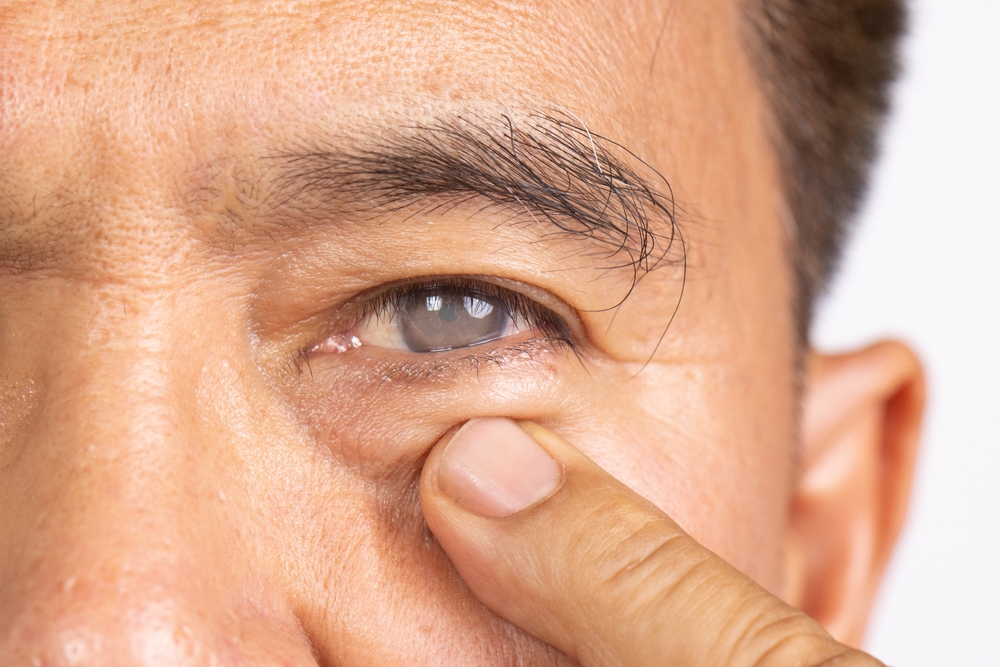
Cataracts are one of the most common age-related eye conditions, gradually clouding the natural lens of the eye and leading to blurred or hazy vision. While many people assume cataracts progress at the same rate in both eyes, that’s not always the case.
Why Cataracts Can Progress Unevenly
Cataracts typically form as proteins in the eye’s lens break down over time, often due to aging. However, several factors can cause one eye to be affected more quickly than the other, including:
Eye Injury or Trauma - If one eye has sustained trauma in the past, it may be more prone to developing a cataract earlier.
Previous Eye Surgery - Certain surgeries, like retinal procedures, can increase the risk of cataract development in one eye.
Medical Conditions - Diabetes and other systemic health issues may impact one eye more than the other, leading to asymmetrical cataract growth.
UV Exposure - Prolonged sun exposure without adequate eye protection can accelerate cataract formation, sometimes more in one eye depending on exposure.
Natural Variation - Just as many health conditions affect people differently, cataracts don’t always follow a perfectly symmetrical timeline.
Recognizing the Signs of Cataract Development
If one cataract develops faster than the other, you may notice that your vision feels unbalanced. Common symptoms include:
Blurry or cloudy vision in one eye
Double vision or “ghosting” when using only one eye
Needing stronger light or magnification for reading
Increasing difficulty with night driving
More frequent changes to your eyeglass prescription
Early Detection Is Key
Routine eye exams are one of the most effective ways to protect your vision and overall eye health. Many eye conditions, including cataracts, glaucoma, and macular degeneration, develop slowly and may not cause noticeable symptoms in their early stages. By the time vision changes become obvious, significant damage may already have occurred. Early detection means treatment can be started sooner, reducing the risk of permanent vision loss and helping you maintain clear, comfortable vision for years to come.
Prioritize Your Vision Health Today
Cataracts can develop faster in one eye than the other due to a variety of factors like trauma, surgery, health conditions, or even simple natural differences. The best way to catch changes early and protect your vision is through routine eye care.
If you’ve noticed changes in your vision or suspect cataracts may be developing, schedule a comprehensive eye exam at Pointe Vision Care today. Visit our office in Grosse Pointe Woods, Michigan, or call (313) 546-0600 to book an appointment.








